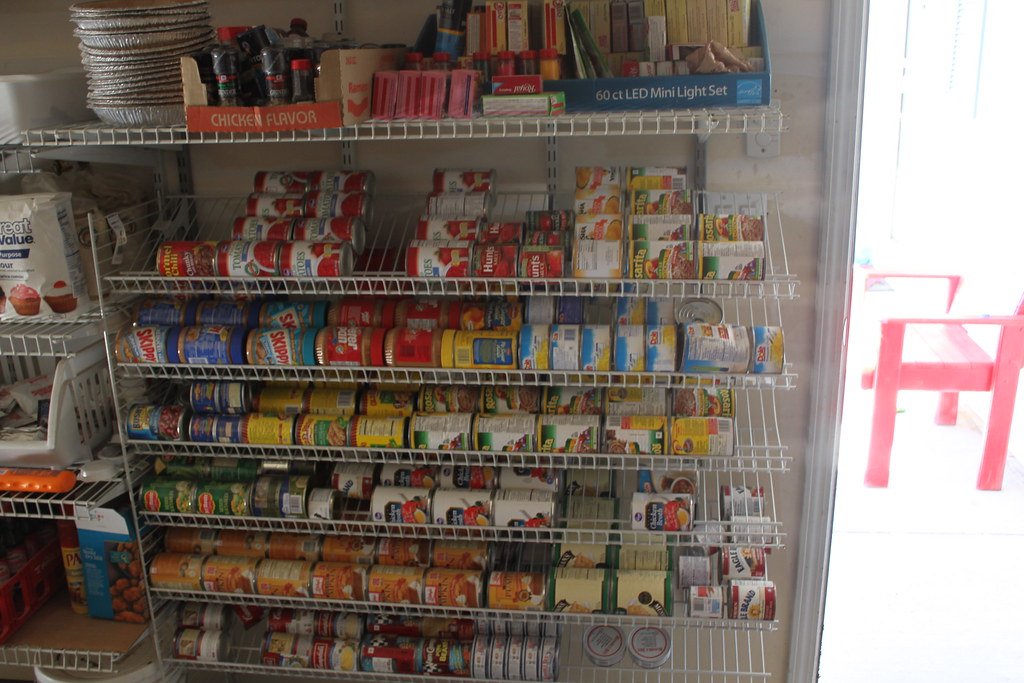Now Reading: Preparing for a Nuclear Emergency: What You Need to Know
-
01
Preparing for a Nuclear Emergency: What You Need to Know
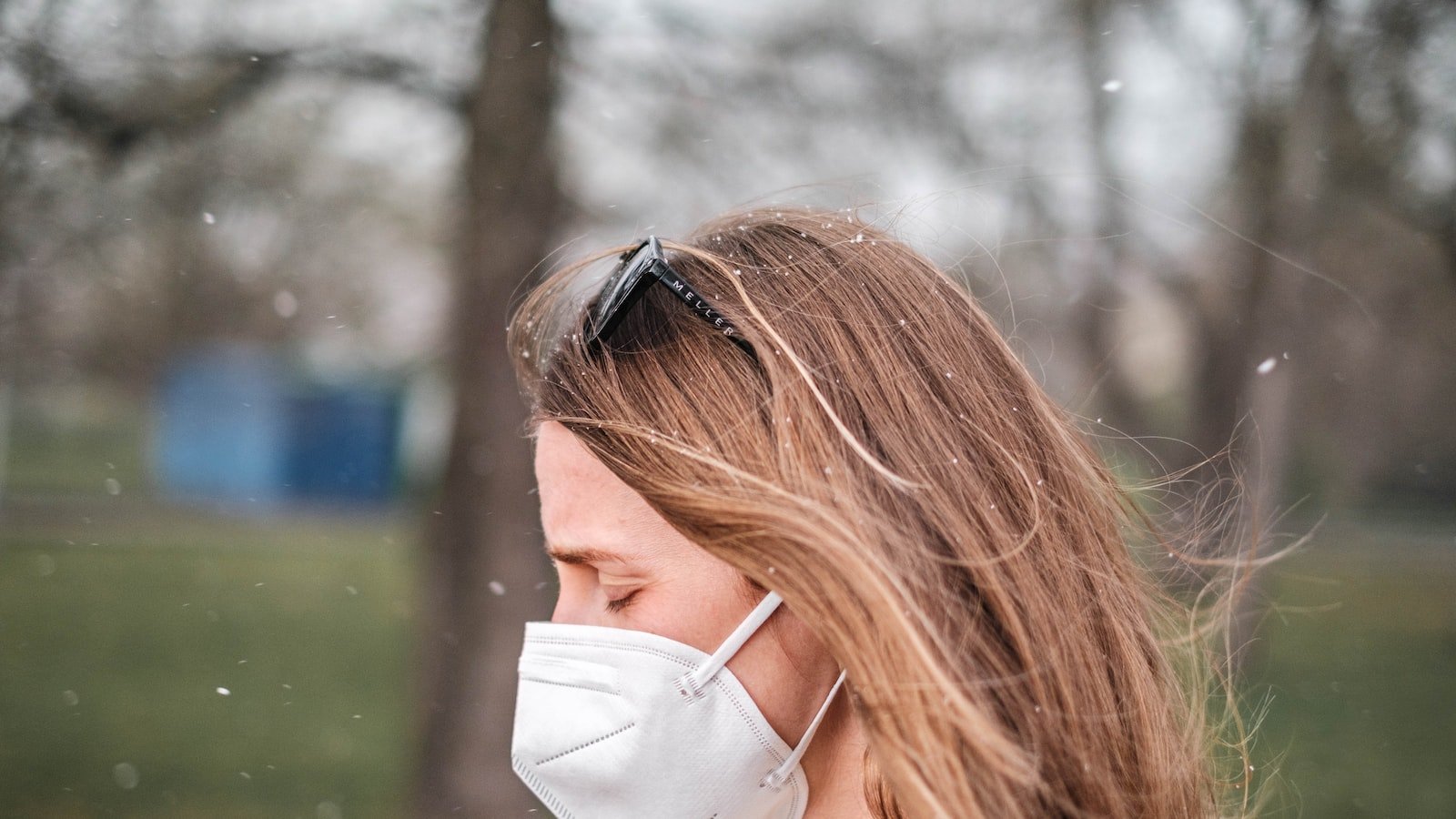
Preparing for a Nuclear Emergency: What You Need to Know
In an era defined by uncertainty, where the unimaginable sometimes becomes reality, it is crucial to equip ourselves with knowledge that transcends our everyday lives. One such topic, shrouded in both fear and fascination, sits at the heart of doomsday scenarios: nuclear emergencies. While the thought of such a catastrophe may evoke apprehension, understanding how to prepare for it can provide a semblance of control amidst chaos. In this article, we delve into the intricacies of readying ourselves for a nuclear emergency, providing you with the essential information that could one day make a difference between despair and survival.
Table of Contents
- Understanding the Risks: The Basics of a Nuclear Emergency
- Preparing Your Emergency Kit: Essential Supplies and Equipment
- Creating an Emergency Plan: Steps to Safeguard Your Family
- Staying Informed: Reliable Sources and Communication Channels
- Taking Shelter: Finding the Safest Locations in a Nuclear Emergency
- Q&A
- Wrapping Up
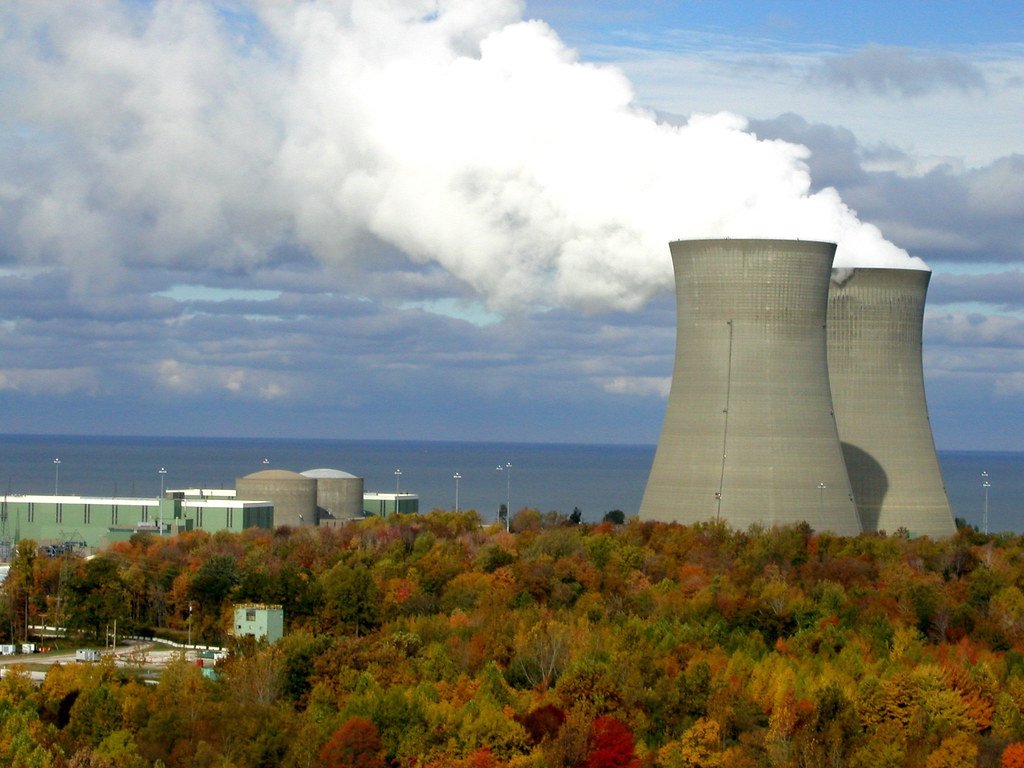
Understanding the Risks: The Basics of a Nuclear Emergency
In the realm of high-stakes emergencies, a nuclear crisis stands out as one of the most complex and potentially catastrophic events mankind faces. Such incidents require a deep understanding of the risks involved and preparedness on a global scale. By comprehending the basics of a nuclear emergency, we can better grasp the severity and urgency these situations demand.
Radiation Exposure:
- Internal contamination: When radioactive particles enter the body through inhalation, ingestion, or wounds, it can cause severe health complications.
- External exposure: Direct exposure to intense radiation sources poses immediate risks, including burns, radiation sickness, and damage to vital organs.
- Long-term health effects: Prolonged exposure can lead to genetic mutations, cancer, and other debilitating ailments.
Emergency Response:
- Evacuation: In the event of a nuclear emergency, authorities may order immediate evacuation to minimize exposure and protect residents from the imminent dangers of radiation.
- Shelter-in-place: Depending on the severity and geographic reach of the incident, individuals may be advised to remain indoors, ensuring airtight seals and minimizing any potential radiation intake from the environment.
- Decontamination: Initiating swift decontamination protocols is essential to remove radioactive substances from individuals and the affected areas, reducing the risk of further exposure.
- Communication and coordination: Effective communication between relevant authorities, emergency services, and affected communities is paramount to disseminate vital information, provide support, and optimize resources during a nuclear emergency.
In essence, understanding the basics of a nuclear emergency empowers us to comprehend the gravity of the risks involved and the importance of preparedness. By educating ourselves and working collectively, we can minimize the devastating impact and protect lives in the face of such a perilous situation.
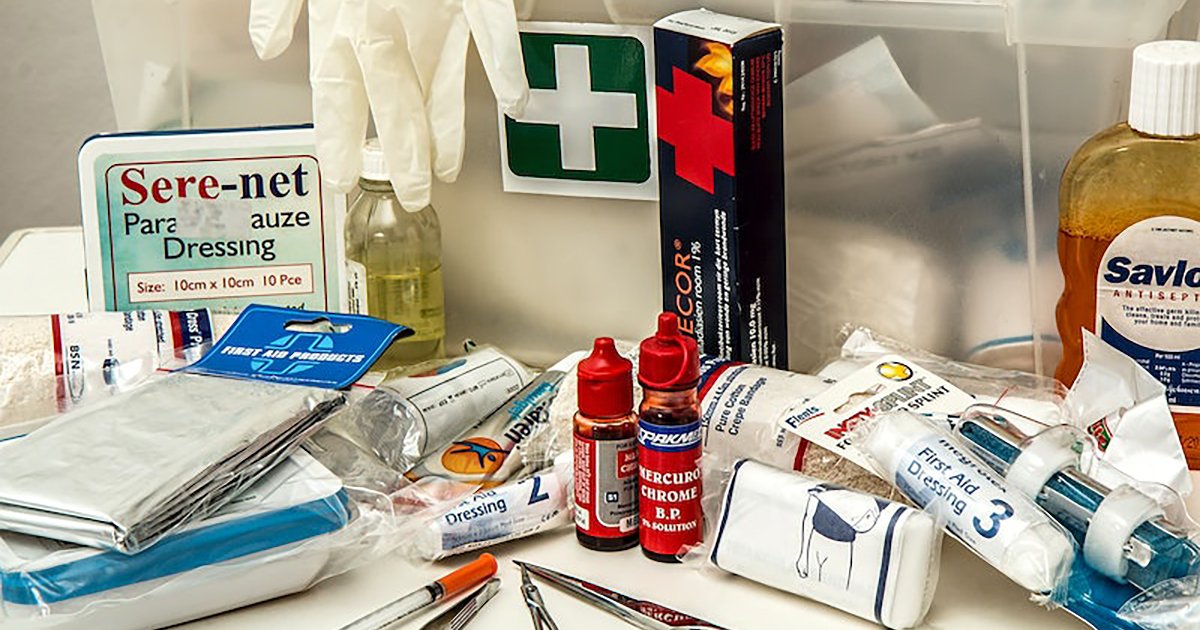
Preparing Your Emergency Kit: Essential Supplies and Equipment
In times of crisis, having a well-prepared emergency kit can make all the difference. When disaster strikes, you’ll want to be equipped with essential supplies and equipment that will help you and your loved ones stay safe and comfortable. Here are some key items to include in your emergency kit:
1. Food and Water
- Non-perishable food items such as canned goods, granola bars, and dried fruits.
- Bottled water - have at least one gallon per person per day for at least three days.
- A manual can opener.
2. First Aid Kit
Be prepared for minor injuries or medical emergencies by assembling a comprehensive first aid kit. Remember to include:
- Bandages in various sizes and shapes.
- Gauze pads, adhesive tape, and medical gloves.
- Antiseptic wipes and ointments for cleansing wounds.
- Pain relievers, such as acetaminophen or ibuprofen.
- Prescription medications, if needed.
3. Communication and Lighting
During emergencies, staying connected and having reliable lighting are crucial. Don’t forget to pack:
- A battery-powered or hand-crank radio to receive emergency updates.
- A flashlight with extra batteries.
- A whistle to signal for help if needed.
- A solar-powered phone charger to keep your devices powered.
Remember, emergencies can happen unexpectedly, so it’s essential to regularly check and update your emergency kit to ensure all supplies are in good working condition and have not expired. Being prepared today can provide peace of mind and increased safety tomorrow.
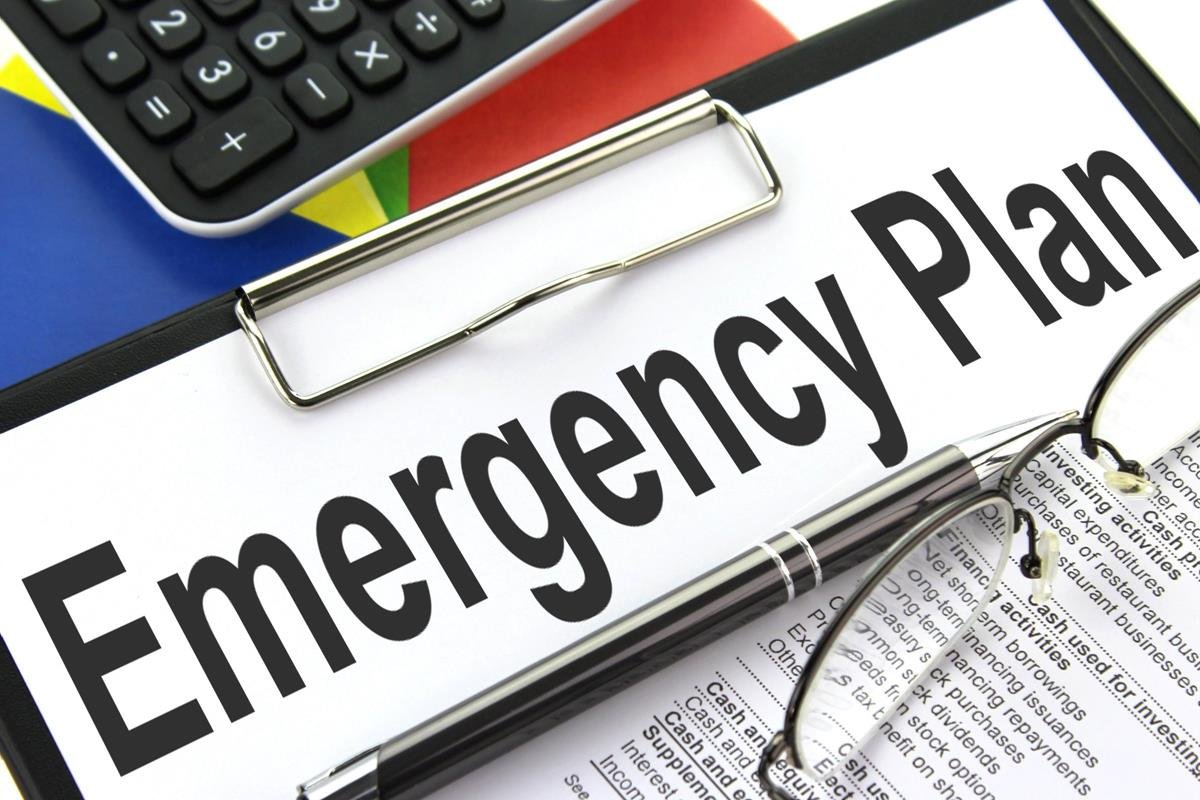
Creating an Emergency Plan: Steps to Safeguard Your Family
When it comes to the safety and well-being of your family, being prepared for emergencies is crucial. Creating an emergency plan not only helps alleviate fear and uncertainty but can also save lives. Follow these essential steps to safeguard your family:
1. Identify potential risks:
Start by assessing the possible risks in your area. Are you prone to natural disasters like earthquakes, floods, or hurricanes? Do you live in a region with a higher risk of wildfires or severe weather? Identifying these risks will help you tailor your emergency plan accordingly.
2. Establish communication:
During an emergency, clear communication is vital. Create a communication plan, including important contact numbers for family members, friends, and emergency services. Designate a central meeting point where everyone can gather if they are unable to reach home.
3. Create an emergency kit:
Prepare a well-stocked emergency kit that will sustain your family for at least 72 hours. It should include non-perishable food, drinking water, essential medications, first aid supplies, flashlights, batteries, and extra clothing. Additionally, make sure to regularly check and refresh the supplies to keep them up to date.
By taking these necessary steps, you can ensure that your family is prepared for unforeseen emergencies, giving you peace of mind and the ability to act swiftly and effectively when it matters most.
Staying Informed: Reliable Sources and Communication Channels
When it comes to staying informed, it is crucial to rely on reliable sources and utilize effective communication channels. In this fast-paced digital era, misinformation can spread like wildfire, making it vital to discern trustworthy sources from the rest. Here are some tips to ensure you stay well-informed:
- Verify the credibility: Before accepting information as valid, take the time to assess the credibility of the source. Look for renowned news outlets, reputable experts, and well-established organizations. Investigate their track record of accurate reporting and fact-checking practices.
- Stay connected with official channels: Governments, public health organizations, and emergency management agencies are excellent sources of accurate information, especially during times of crisis. Maintain an updated list of their websites, social media accounts, and other communication channels to receive reliable updates directly.
- Consider a variety of sources: The more diverse your sources, the better understanding you can gain. Supplement news from mainstream media with alternative sources, ensuring they have a strong reputation for accuracy and balance. Different perspectives can help provide a more comprehensive view of current events.
Remember, staying informed is not only about consuming information but also about actively seeking it. By selecting reliable sources and utilizing effective communication channels, you can empower yourself with knowledge and navigate the sea of information with confidence.
Taking Shelter: Finding the Safest Locations in a Nuclear Emergency
Section:
When faced with a nuclear emergency, it is crucial to seek shelter immediately to minimize the risks associated with radiation exposure. Finding the safest locations can greatly increase your chances of survival. Here are some essential tips to help you navigate through this critical situation:
- Identify designated nuclear shelters: Many communities have designated shelters specifically built to withstand nuclear emergencies. These shelters are usually equipped with reinforced walls, adequate ventilation systems, and essential supplies. Look for local government instructions or emergency management websites to locate these safe zones.
- Choose an underground location: Underground areas can provide significant protection against radiation, as the soil and building materials act as barriers. Seek shelter in basements, subway tunnels, or other underground structures whenever possible. Avoid upper floors and rooms with large windows or thin walls that offer less shielding.
- Stay away from potential targets: In order to stay safe, it is essential to steer clear of potential nuclear targets or areas that may be more prone to radioactive fallout. These include military installations, power plants, densely populated areas, and major transportation hubs. Plan ahead by familiarizing yourself with a map of your surroundings.
Remember, the key to surviving a nuclear emergency is to act swiftly and find the safest location available. Keep yourself informed about emergency protocols and create an emergency kit with essentials, including food, water, batteries, and a battery-powered radio. By being prepared and proactive, you can increase your chances of staying safe in a nuclear emergency.
Q&A
How does a nuclear emergency differ from other types of emergencies?
Nuclear emergencies pose unique challenges due to the potential release of radioactive materials, which can have long-lasting effects on human health and the environment. Unlike other emergencies, such as natural disasters, a nuclear emergency requires specific knowledge and preparedness measures to mitigate the risks.
What are the main causes of a nuclear emergency?
Nuclear emergencies can be caused by various factors, including accidents at nuclear power plants, the detonation of a nuclear device, or the unauthorized acquisition or use of nuclear materials. These incidents can have severe consequences and may require immediate action to protect the affected population.
How can individuals prepare themselves for a nuclear emergency?
To prepare for a nuclear emergency, individuals should create an emergency kit that includes essential supplies such as water, food, flashlights, and a battery-powered radio. It is also recommended to have a family emergency plan in place, including designated meeting points and contact information.
What should I do during a nuclear emergency?
During a nuclear emergency, it is important to stay informed and follow instructions from local authorities or emergency management agencies. If advised to evacuate, do so immediately, following designated routes and instructions. If staying indoors, close and seal all windows and doors, and tune in to local news or emergency broadcasts for further instructions.
What measures should be taken to protect oneself from radiation?
To protect oneself from radiation during a nuclear emergency, it is crucial to move to a sheltered location or stay indoors. Close all windows and doors, turn off ventilation systems, and seal any cracks or gaps. If available, use a battery-powered radio to stay updated on the situation and follow instructions from authorities regarding potential decontamination procedures.
What are the long-term effects of a nuclear emergency?
The long-term effects of a nuclear emergency can vary depending on the severity of the incident and duration of exposure to radiation. These effects may include genetic mutations, increased risk of cancer, and various other health implications. Taking appropriate precautions during and after a nuclear emergency is essential to minimize the long-term effects on individuals and communities.
Are there any measures to prepare for a nuclear emergency at a larger scale?
Yes, at a larger scale, preparations include developing emergency response plans, conducting regular drills and exercises, and establishing communication networks among local, regional, and national authorities. Additionally, investing in nuclear emergency preparedness and response capabilities, such as specialized training and equipment, can help minimize the risks and efficiently manage the situation.
Wrapping Up
As we wrap up this comprehensive guide on preparing for a nuclear emergency, we hope to have provided you with valuable insights and essential knowledge. While the topic may be daunting and unsettling, it is crucial to equip ourselves with the necessary information to face such a potential crisis.
Remember, preparedness is the key to survival. By understanding the risks involved and taking the appropriate precautions, we can mitigate the impact of a nuclear emergency on ourselves and our loved ones. Stay alert, stay informed, and stay safe.
In times of unease, it is vital to rely on accurate sources and expert advice. Government agencies, local authorities, and international organizations are continuously working to improve nuclear safety and emergency preparedness. Stay connected with these channels of information, as they can provide guidance during uncertain times.
Most importantly, let us not forget the strength of unity and support within our communities. In times of crises, it is the bond between neighbors, friends, and strangers that can make all the difference. Reach out to those around you, and together, we can navigate the challenges that come our way.
While we sincerely hope that none of us will ever have to face a nuclear emergency, being prepared ensures that we are ready to face any disaster that comes our way. Arm yourself with knowledge, plan ahead, and most importantly, take action. Let us ensure that the well-being and safety of ourselves and future generations are guaranteed, even in the face of the unimaginable.
Remember, readiness breeds resilience, and knowledge is power. So let us face the unknown with our heads held high, fortified by the understanding and confidence needed to prevail in the face of any challenge. Stay safe, be prepared, and may hope and strength guide us all, whatever the future may hold.
As an affiliate, my content may feature links to products I personally use and recommend. By taking action, like subscribing or making a purchase, you’ll be supporting my work and fueling my taco cravings at the same time. Win-win, right?
Want to read more? Check out our Affiliate Disclosure page.





